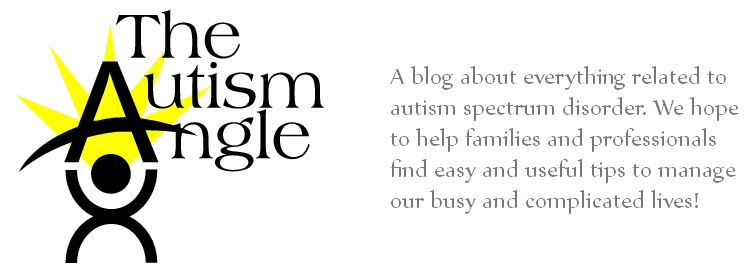Many parents of children with autism and other developmental disorders are struggling with sleep every night. There is such complexity in the challenges involved with falling and staying asleep that it is hard to touch on each aspect. Often unintended patterns and routines are started that can be even more counteractive to establishing and maintaining sleep. Sleep hygiene is a term often used to refer to the behaviors and elements in the environment to assist with a good night sleep.
What to do to improve sleep hygiene (especially with children):
- Lights Out The power of a dark room is often underestimated. Some children/adults cannot even use a nightlight or alarm clocks with bright displays Also, room darkening shades can assist in eliminating additional light. Our bodies naturally react to darkness to set the stage for sleep so help it as much as possible.
- Wind down It is important to start slowing our body down as we get closer to bedtime. How often (especially with children) do we unintentionally rev them up instead of relaxing them? Tickle games, hide and go seek, wrestling, and overall silliness are fun in the evenings with the kiddos but may not help in getting to sleep.
- Keep the same bed and wake time On the weekends especially, we are likely to be more lax on the time we and our kids go to bed. Our bodies adapt to specific times for going to sleep and waking. When we adjust the time to bed or to wake it can throw things off for quite a while so, try to keep those times as consistent as possible.
- Caffeine The effects of caffeine can stay in an adults system for up to 6 hours and a child's for 12 hours! Keep this in mind with not only beverages but also chocolate. That 'Hershey's' bar after dinner may interfere more than you think with going to bed.
- Go to bed sleepy Make sure that the individual is sleepy before going to the bed. Using calming down activities such as taking a bath, reading a story, listening to soft music, and/or deep breathing. This helps the body associate the bed with sleeping only.
- Remove distractions Turn off or remove the television, toys, video games, etc. Having these items in the bedroom can make it challenging to focus on sleeping. As a society, television has become a staple for every room in the house. This activity however, can bring the individual to a level of alertness that is not conducive to sleep.
- Self-soothing During sleep, the brain goes through many cycles of alertness. Many times, we have some general awareness in the night but fall back to sleep. If a child is used to falling asleep on the couch (then moved), rocked by a parent or in the presence of someone else this makes it challenging later in the night. When the individual wakes in the night, the experience is different than how they went asleep (the person is not there or they are in a different location). This can cause full alertness in the night and difficulties going back to sleep. Work on the individual falling asleep alone, in their own bed, to help with nighttime wakings.
- Do not talk/engage during nighttime wakings In the middle of the night, try not to talk or engage the individual but lead them back to their bed; multiple times if necessary. One suggestion of Dr. Patrick Friman, was to put a door chime on the doorway. This helps to alert the parent immediately when the child leaves the room so that they don't get the bed with the parent and establish a new routine.
- Consult your doctor Medication should be seen as a last resort but is many times needed especially for those individuals on the spectrum. There are more 'natural' options that have worked well for many children with sleep disorders or overall difficulties but do not start medications without consulting your doctor! Autism Speaks has a great article on melatonin; there have been great results with this supplement and improving sleep. There are also increasing studies on the effects of the now available CR (control released) melatonin as well. The CR version is intended to be released into the body throughout the night so that ideally a small amount will be in the system for the night therefore, keeping the individual asleep. The verdict is still out on it's effectiveness.
SLEEP TIGHT!
-Abby


No comments:
Post a Comment